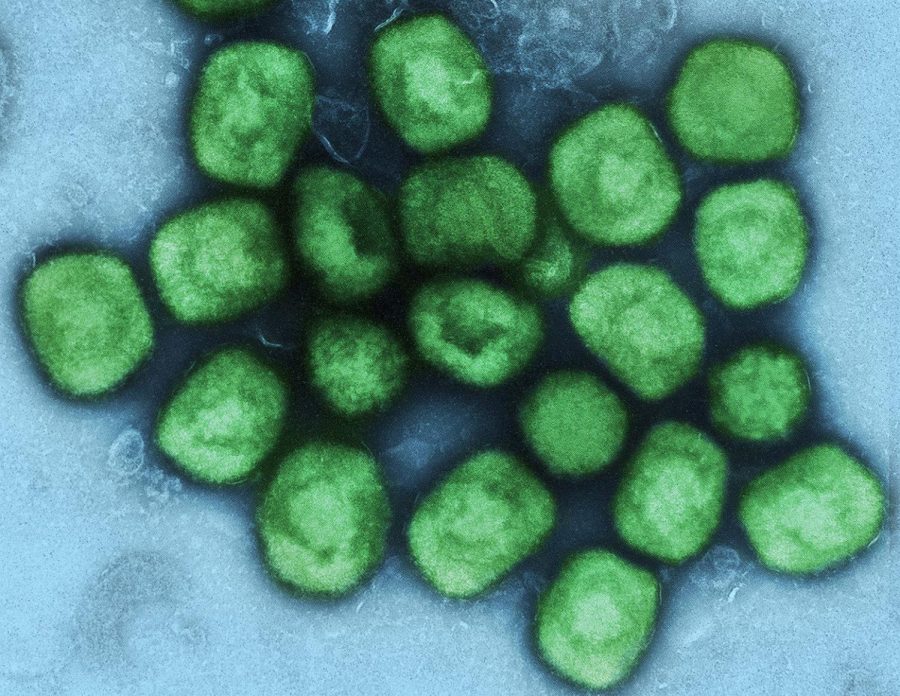Monkeypox is a rare disease caused by infection with the monkeypox virus, according to the Centers for Disease Control and Prevention (CDC), which is aiming to raise awareness of the disease as there has been a recent spike in cases across the United States.
There have been 14,115 cases confirmed in the U.S. and zero deaths reported as of Aug. 22, according to the CDC.
El Paso has had only one confirmed case of monkeypox, reported by the City of El Paso Public Health Department Aug. 12. Health officials confirmed it was a woman in her 50s and those that came into close contact with her will be offered the vaccine, ac-cording to the El Paso Times.
The symptoms for monkeypox include an intense rash that goes through several stages including scabs before healing and can initially look like pimples or blisters that can be painful or itchy. Other symptoms include fever, chills, swollen lymph nodes, exhaustion, muscle aches, headache, or respiratory symptoms, according to the CDC.
The website said that symptoms of monkeypox start within three weeks of exposure to the virus. If someone has flu-like symptoms, usually a rash will develop 1-4 days later, and the illness can last two to four weeks.
Monkeypox is not as contagious as other diseases and is mainly contracted through close or intimate contact. This can mean direct contact with monkeypox rash, scabs, or bodily fluids from someone already infected with monkeypox, which includes touching objects, fabrics, and surfaces that have been used by an infected person, according to the CDC.
Direct contact such as hugging, massage, kissing, or sexual intercourse can lead to the spreading of monkeypox as well, according to the CDC.
“Monkeypox continues to be a global threat and for this reason, we strongly recommend everyone continue practicing safety precautions to keep themselves and their family, especially our most vulnerable loved ones, safe from all diseases, whether it is COVID-19, monkeypox, or the flu,” said City-County Health Authority Dr. Hector Ocaranza at an interview for the El Paso Times.
While there is no specific treatment for those infected with monkeypox, there are steps to take if infected. The CDC recommends using gauze or bandages to cover the rash to limit the spread of monkeypox. It is also recommended to not do anything to further irritate the skin such as popping or scratching the lesions from the rash.
For more information on monkeypox, visit cdc.gov/poxvirus/monkeypox/ .Emily
Autumn Velasquez is the editor in chief and may be reached at [email protected]; @emilyautumn20 on Twitter; @byemilyautumn on Instagram.












